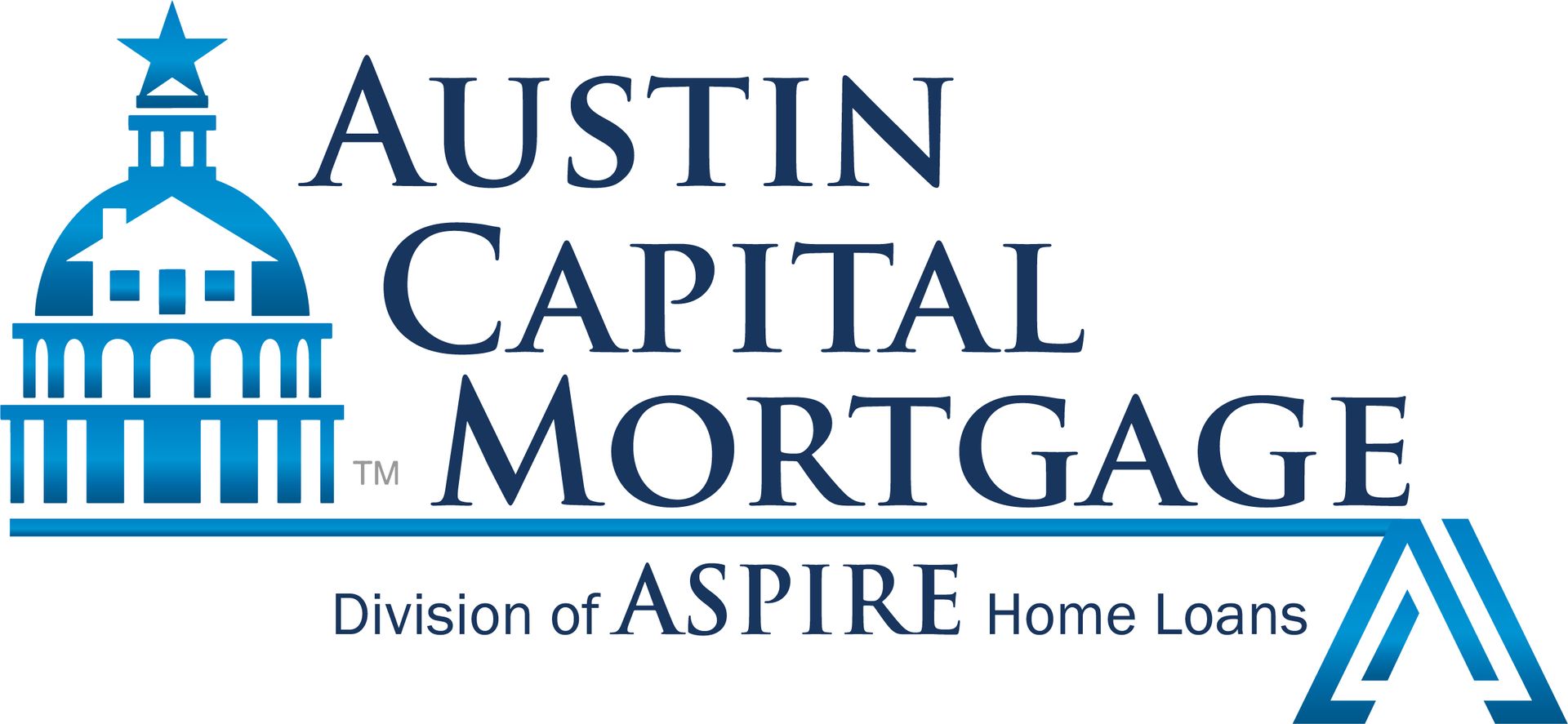1099 Income Loans: Expert Tips and Tricks
Kari Cooper
As a 1099 income earner, getting a loan can be tough. Basic and intermediate strategies are important, but advanced techniques can greatly boost your chances. This article explores expert tips and advanced strategies for securing 1099 income loans, guiding you through financial documentation, credit management, loan negotiations, and more.
Skip to
Financial Documentation Techniques
Advanced Credit Management
Leveraging Business Income for Loans
Exploring Specialized Loan Products
Mastering Loan Negotiations
Tax Strategies for 1099 Income Earners
Building Long-Term Financial Relationships
Preparing for Economic Changes
Key Takeaways
FAQs
Financial Documentation Techniques
Creating Detailed Profit and Loss Statements
A detailed profit and loss statement (P&L) is vital for demonstrating your financial health to lenders. Make sure your P&L is comprehensive, accurate, and includes all income and expenses for a specific period. This document gives lenders a clear view of your earnings, aiding in loan eligibility assessment.
Using Accounting Software for Better Financial Tracking
Use advanced accounting software to streamline financial tracking. Tools like QuickBooks or FreshBooks automate income and expense tracking, generate financial reports, and keep accurate records. These platforms help you present well-organized financial documentation to lenders.
Presenting a Comprehensive Financial Portfolio
A complete financial portfolio includes your P&L, bank statements, tax returns, and other relevant documents. Organize these documents professionally to highlight your income stability and financial management skills. A strong financial portfolio can greatly enhance your loan application.
Advanced Credit Management
Paying Bills on Time
Always pay your bills on time to maintain a high credit score. Late payments can significantly impact your score, so set reminders or automate payments to ensure you never miss a due date. Consistent on-time payments demonstrate reliability to lenders.
Keeping Credit Utilization Low
Keep your credit utilization ratio low. This means using less than 30% of your available credit. High credit utilization can negatively affect your score. Pay down balances regularly and consider requesting higher credit limits to improve your utilization ratio.
Regularly Monitoring Your Credit Report
Regularly check your credit report for errors or inaccuracies. You are entitled to a free credit report annually from each of the three major credit bureaus. Correcting mistakes promptly can prevent potential issues when applying for loans.
Managing Multiple Credit Accounts Effectively
Managing multiple credit accounts requires careful planning. Use budgeting tools to track due dates, set up automatic payments, and focus on paying off high-interest debts first. This organized approach shows lenders you can handle multiple obligations responsibly.
Diversifying Your Credit Mix
Having a diverse credit mix, such as credit cards, mortgages, and personal loans, can positively impact your credit score. It shows lenders you can manage different types of credit responsibly. However, only take on new credit if necessary and manageable.
Keeping Old Credit Accounts Open
Keep older credit accounts open, even if you don't use them often. The length of your credit history contributes to your credit score, and older accounts can boost it. Use these accounts occasionally to keep them active.
Avoiding Frequent Credit Applications
Limit the number of new credit applications. Each application results in a hard inquiry, which can temporarily lower your credit score. Apply for new credit only when necessary to avoid negatively impacting your score.
Dealing with Credit Issues and Disputes
Address credit issues and disputes promptly. If you find errors on your credit report, dispute them with the credit bureaus. Work with a credit repair professional if necessary. Resolving credit issues and maintaining a clean credit report are vital for loan approval.
Planning for Major Purchases
Plan major purchases in advance to avoid unnecessary strain on your credit. If you anticipate a significant expense, like a home or car, manage your credit wisely in the months leading up to the purchase to ensure your score is at its best.
Educating Yourself on Credit Management
Educate yourself on credit management best practices. Read articles, attend workshops, or consult financial advisors to stay informed. Understanding how credit works and the factors that influence your score will help you make better financial decisions.
Leveraging Business Income for Loans
Structuring Your Business to Improve Loan Eligibility
To boost your chances of getting a loan, structure your business properly. Consider forming an LLC or corporation. This separates your personal and business finances, providing clarity and reducing your personal liability. Lenders often find a well-structured business more appealing.
Using Business Assets as Collateral
Use your business assets, like equipment, inventory, or receivables, as collateral for loans. Collateral can lower the risk for lenders and help you secure better loan terms. Make sure your business assets are well-documented and accurately valued.
Managing Business and Personal Finances Separately
Keep your business and personal finances separate to simplify financial management and improve transparency. Use distinct bank accounts, credit cards, and accounting records for your business. Clear financial separation boosts your credibility and makes the loan application process easier.
Exploring Specialized Loan Products
Explore Loan Products for 1099 Income Earners
Look into loan products made for 1099 income earners, like stated income loans or bank statement loans. These options often have flexible income verification requirements, making them ideal for self-employed individuals.
Understanding Non-Traditional Lending Options
Consider non-traditional lending options such as peer-to-peer lending or online lenders. These platforms may offer more flexible terms and quicker approval processes than traditional banks. However, be sure to carefully evaluate the terms and risks involved with non-traditional loans.
Benefits and Risks of Specialized Loans
Specialized loans can provide tailored solutions but might come with higher interest rates or stricter terms. Weigh the benefits against the risks, considering your long-term financial goals. Understanding the details of specialized loans helps you make informed decisions.
Explore 1099 income mortgage options with Austin Capital Mortgage. Contact us today to start your journey towards homeownership!
Mastering Loan Negotiations
Effective Negotiation for Better Loan Terms
Negotiating effectively can help you secure better loan terms. Be prepared with detailed financial documentation and a solid understanding of your creditworthiness. Highlight your strengths and be ready to discuss aspects like interest rates, repayment terms, and fees.
Understanding Lender Motivations and Leverage Points
Know what drives lenders, such as minimizing risk or finding reliable borrowers. Use this knowledge to your advantage during negotiations. Emphasize factors that reduce risk, like stable income, collateral, or a strong credit history.
Using Competitive Offers to Your Advantage
Use offers from multiple lenders to negotiate better terms. Showing competitive offers can create a bidding environment, pushing lenders to improve their terms to win your business.
Explore our 1099 Income Loan options and start your journey to homeownership today!
Tax Strategies for 1099 Income Earners
Maximizing Tax Deductions
Increase your net income by maximizing tax deductions, making you more appealing to lenders. Deductible expenses can include business-related travel, office supplies, and home office costs. Consult a tax professional to ensure you're fully utilizing available deductions.
Understanding Tax Implications of Loans
Know the tax implications of taking out a loan. Interest paid on business loans may be deductible, while loan proceeds used for personal expenses might not offer the same benefits. Understanding these details aids in effective financial planning.
Planning for Future Tax Liabilities
Prepare for future tax liabilities by setting aside funds and making estimated tax payments. This proactive approach prevents unexpected tax bills and shows financial responsibility to lenders. Regularly review and adjust your tax planning strategies.
Building Long-Term Financial Relationships
Building Strong Relationships with Lenders
Creating strong relationships with lenders can offer long-term benefits. Consistent, positive interactions build trust and may lead to better loan terms in the future. Attend networking events, join financial education programs, and keep communication open.
Importance of Consistent Financial Communication
Keep consistent communication with your lenders. Inform them about significant financial changes or challenges and seek their advice when needed. Transparent communication builds trust and shows your commitment to responsible financial management.
Leveraging Past Loans for Better Future Terms
Successfully managing past loans can boost your credibility and help you get better terms for future loans. Lenders are more likely to offer favorable terms to borrowers with a history of timely repayments and financial responsibility.
Preparing for Economic Changes
Preparing for Economic Downturns
Prepare for economic downturns by maintaining a solid emergency fund and diversifying your income streams. Stay informed about market trends and adjust your financial strategies to stay resilient during tough times.
Building a Financial Safety Net
Create a financial safety net to protect against unexpected challenges. This can include savings, investments, and insurance policies. A strong safety net provides stability and improves your chances of securing loans during uncertain times.
Diversifying Income Streams for Stability
Diversify your income streams to reduce reliance on a single source of income. Multiple income streams provide financial stability and can enhance your loan eligibility by showing a broader base of financial support.
Key Takeaways
- Preparing for Economic Downturns: Maintain an emergency fund and diversify income streams to stay resilient.
- Building a Financial Safety Net: Protect against unexpected challenges with savings, investments, and insurance.
- Diversifying Income Streams for Stability: Reduce reliance on a single income source by diversifying.
- Building Strong Relationships with Lenders: Foster trust with lenders through consistent, positive interactions.
- Maximizing Tax Deductions: Increase net income and appeal to lenders by maximizing tax deductions.
FAQs
Q) What are the best accounting software options for 1099 income earners?
A) QuickBooks and FreshBooks are popular choices due to their comprehensive features and ease of use.
Q) How can I improve my credit score for better loan terms?
A) Maintain timely payments, keep credit utilization low, and monitor your credit report regularly for errors.
Q) Are there specialized loan products for 1099 income earners?
A) Yes, products like stated income loans and bank statement loans are designed for self-employed individuals with flexible income verification requirements.
Q) What are the tax benefits of using a loan for business purposes?
A) Interest paid on business loans can often be deducted, reducing your overall tax liability.
Q) How do I separate my personal and business finances effectively?
A) Maintain separate bank accounts, credit cards, and accounting records for your business to ensure clear financial separation.
Q) What should I do if I encounter credit issues or disputes?
A) Dispute errors on your credit report promptly and consider working with a credit repair professional if necessary.
Related Links
List of Services
-
Understanding 1099 Income Loans: A Beginner's GuideList Item 3
A 1099 income loan is tailored to individuals without a regular paycheck who still need access to financial products like mortgages or personal loans. This guide offers essential tips to improve the chances of securing a loan as a 1099 income earner.
-
1099 Income Loans: Navigating the Application ProcessList Item 1
For many self-employed people, getting a mortgage with 1099 income can be tough. While the basics might be straightforward, using some advanced strategies can really improve your chances of getting approved. This guide explores the details of 1099 income loans, especially for mortgages. It offers in-depth tips on paperwork, credit scores, choosing the right lender, and more.
-
Financially Preparing for Your Mortgage: A Comprehensive GuideList Item 2
Buying a house – it sounds exciting, right? But then you come across complicated terms like "credit score" and "debt-to-income ratio" that leave you feeling confused. Fear not, this chapter is your guide to understanding the financial aspects.

